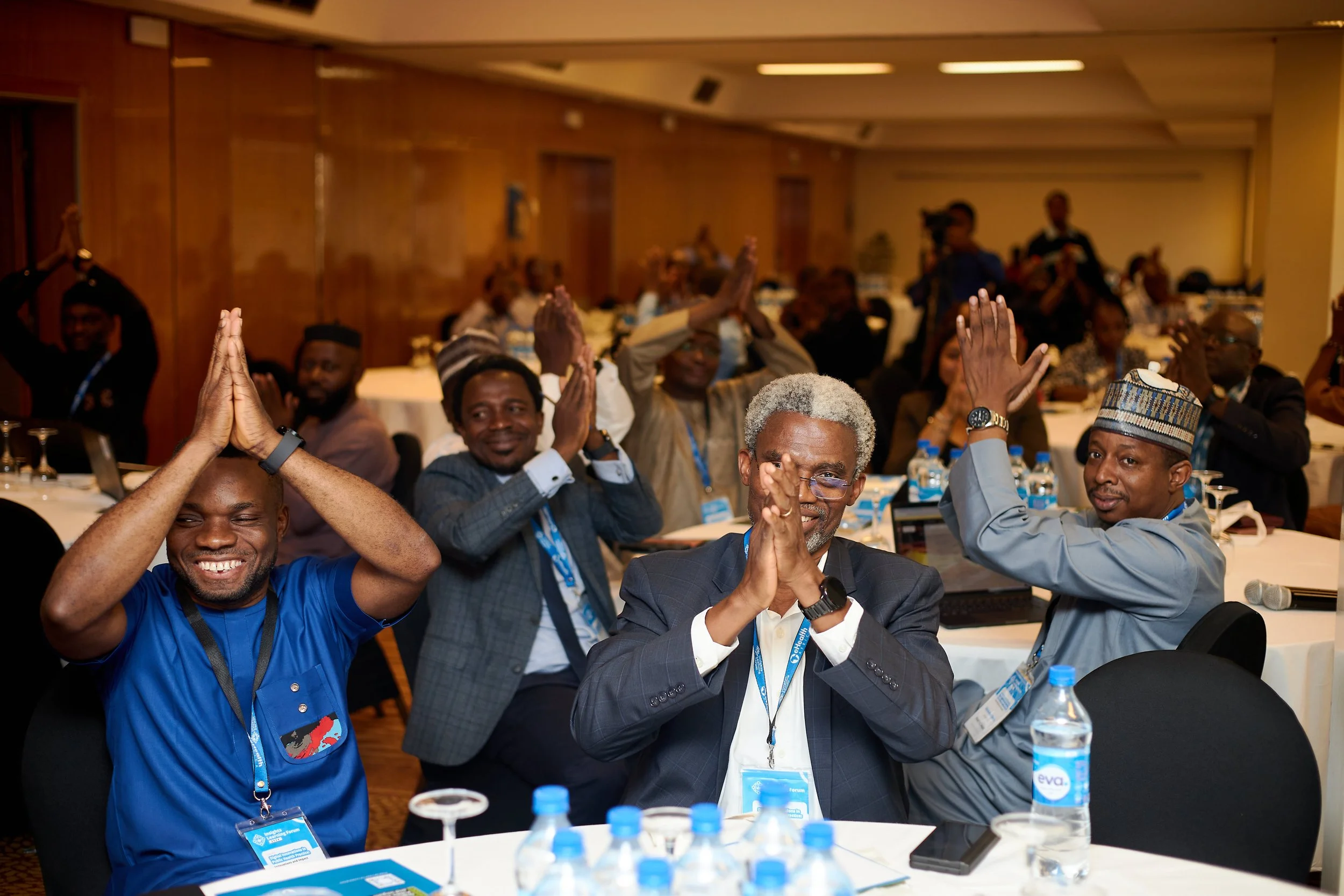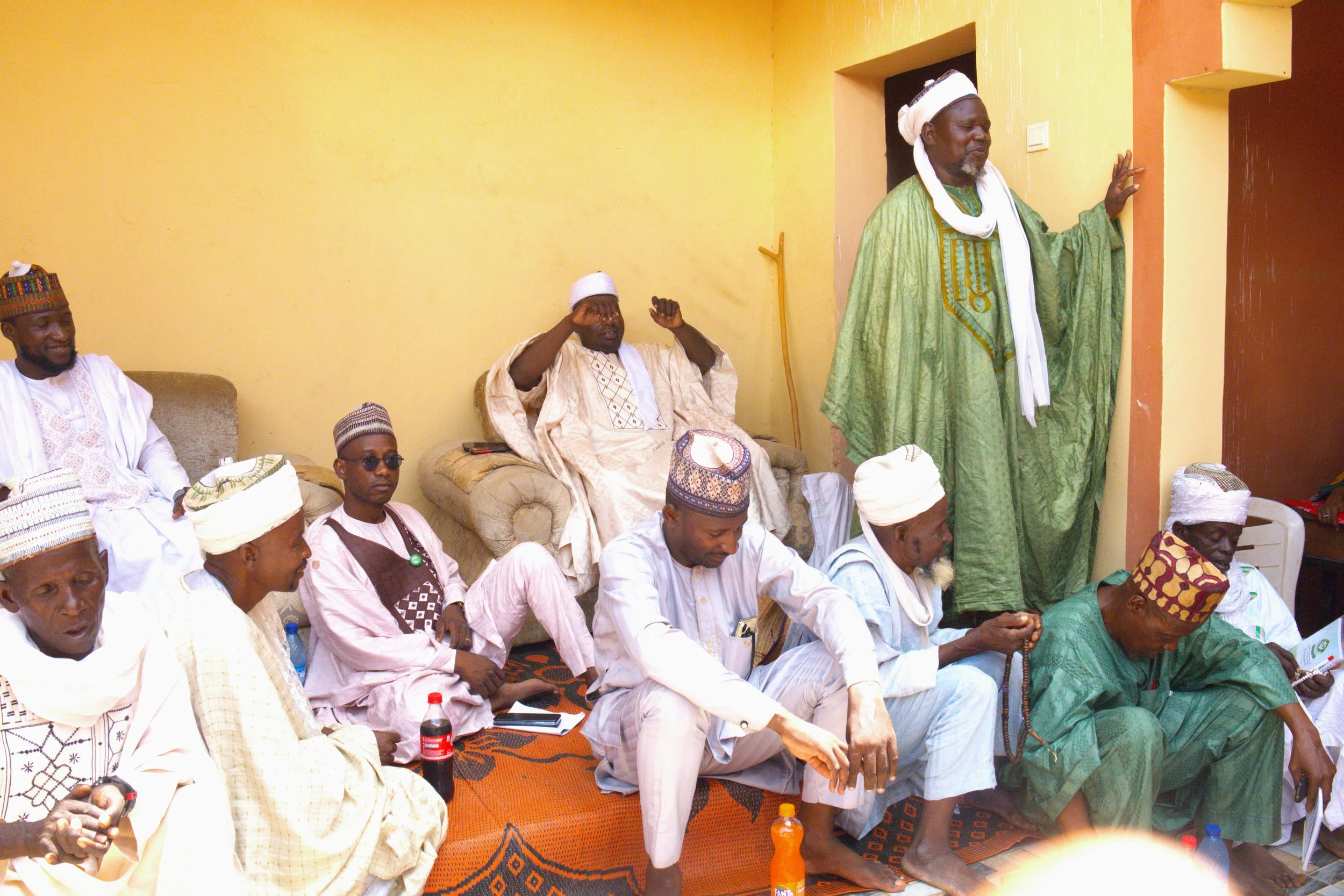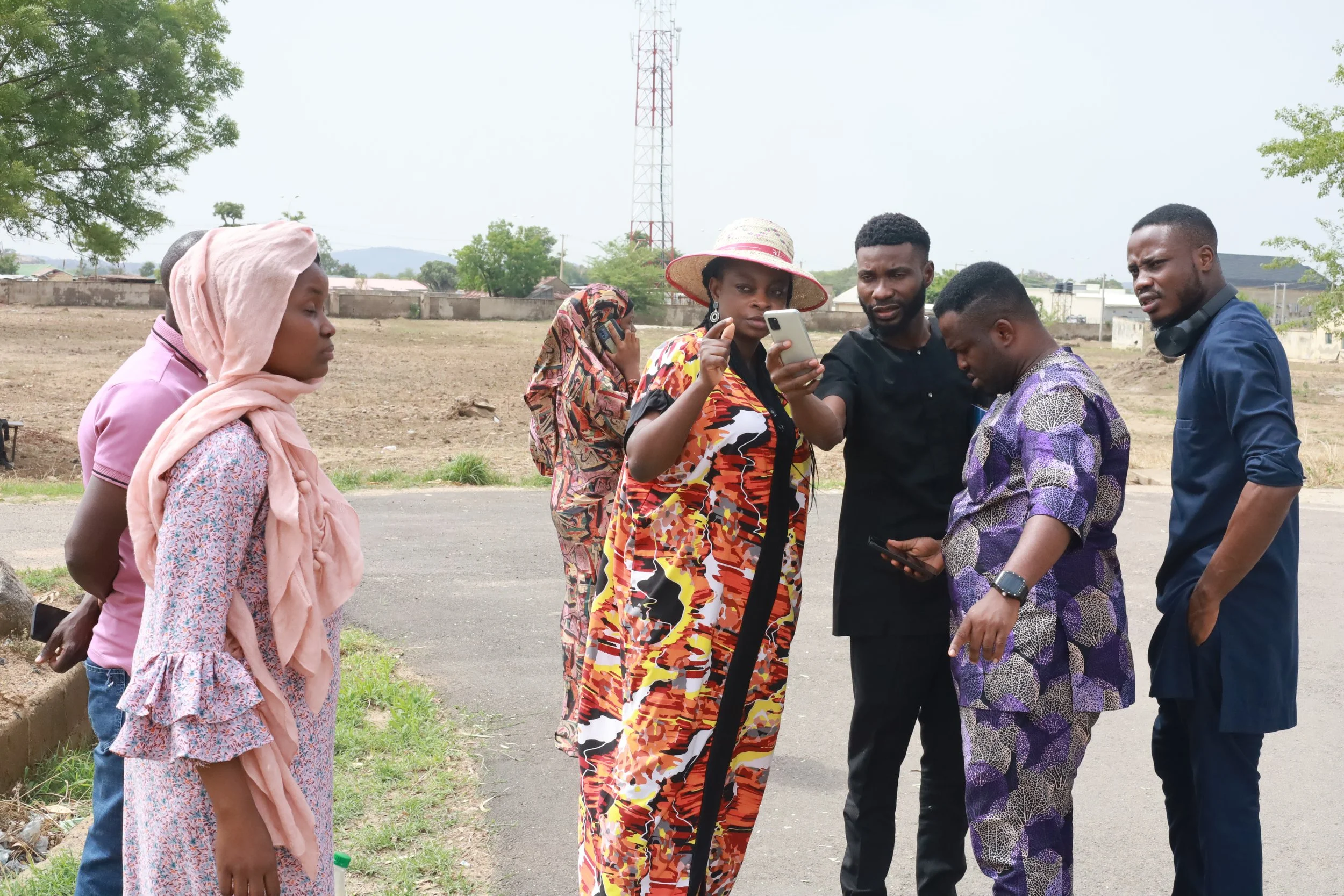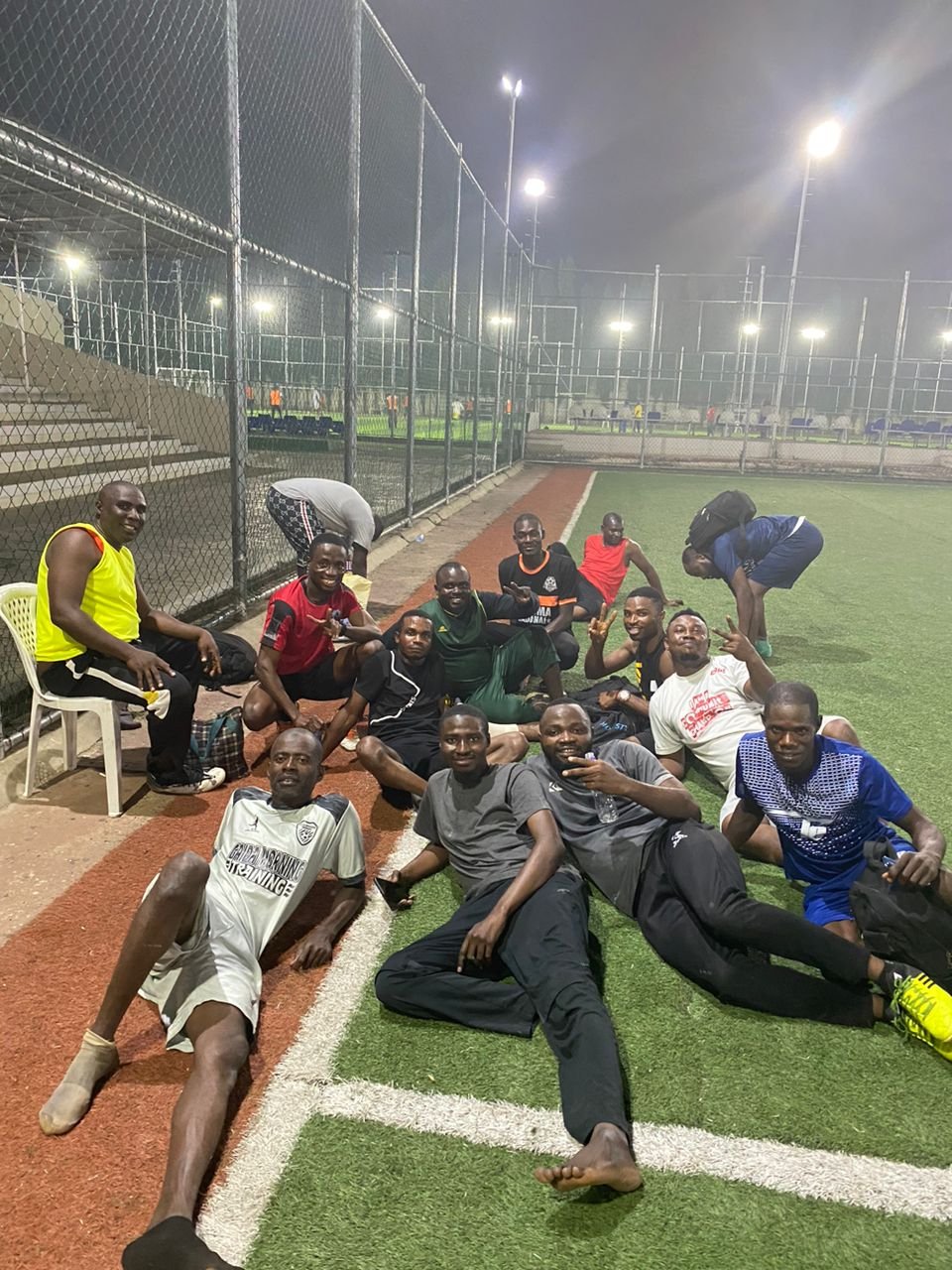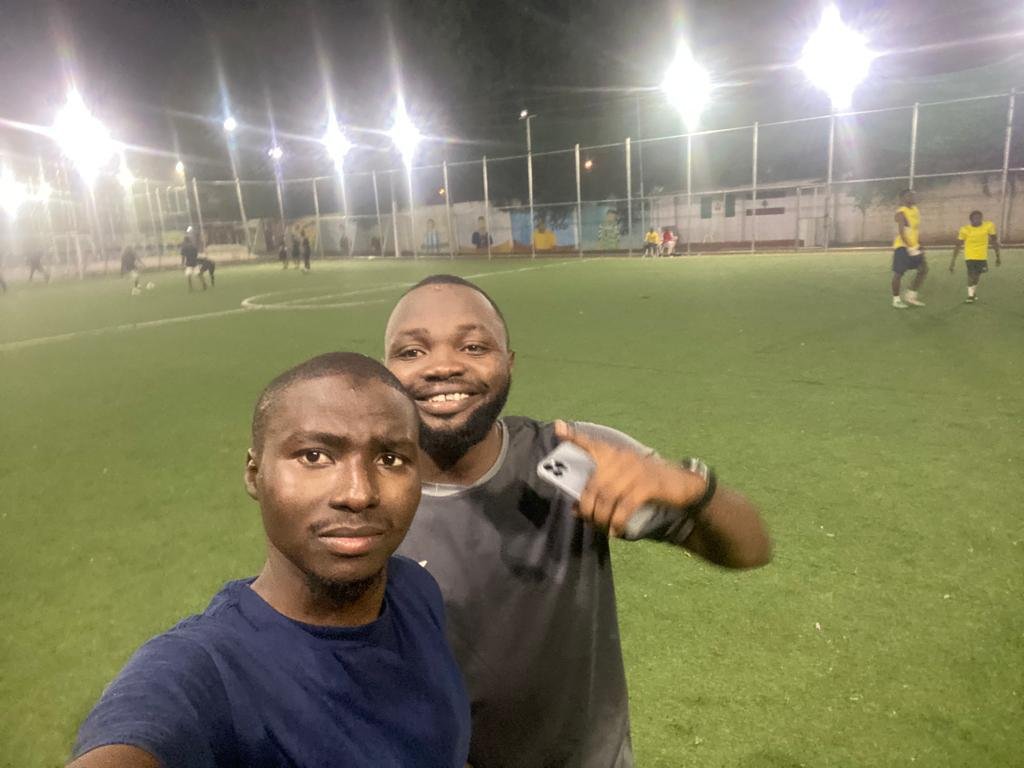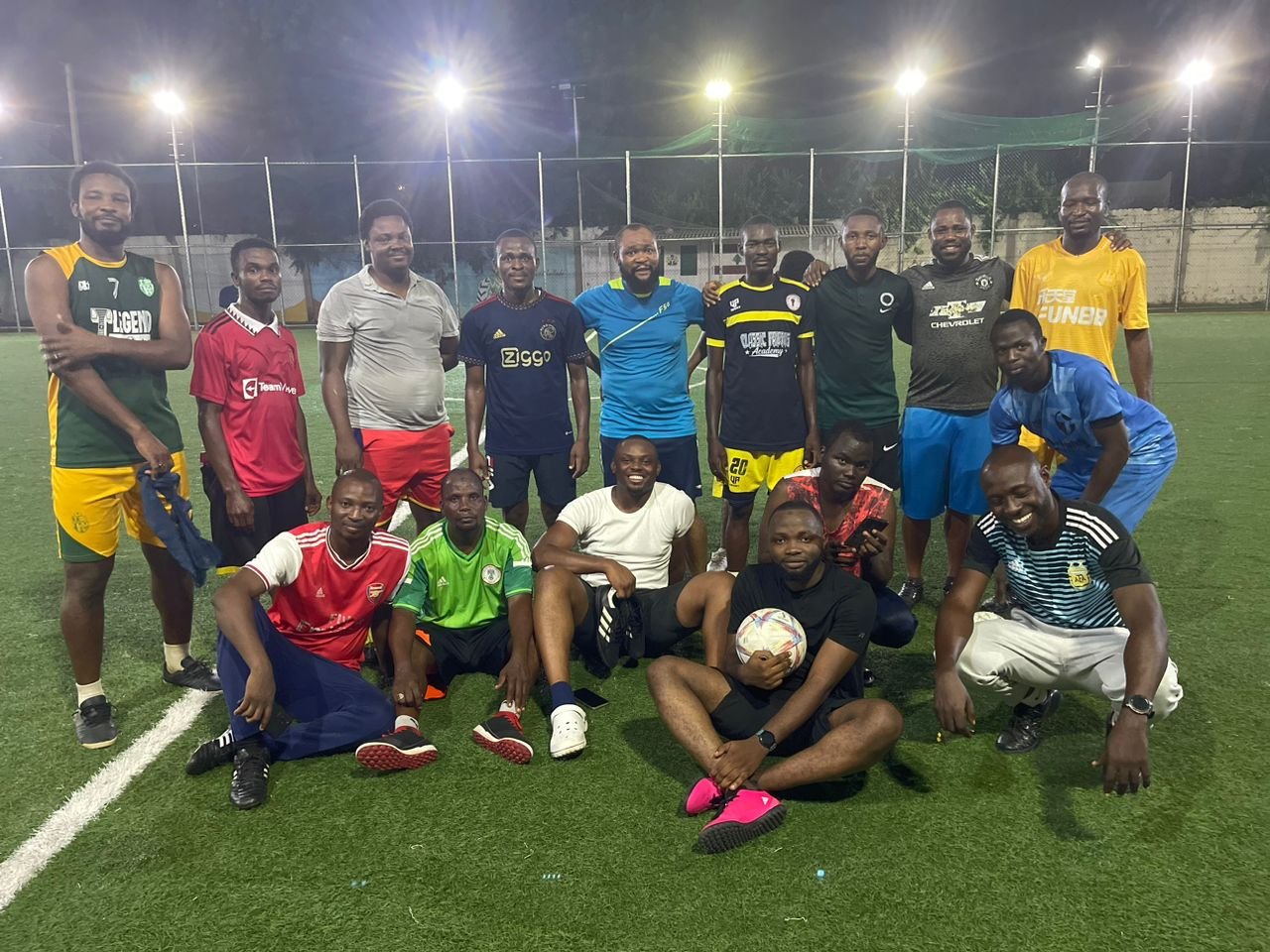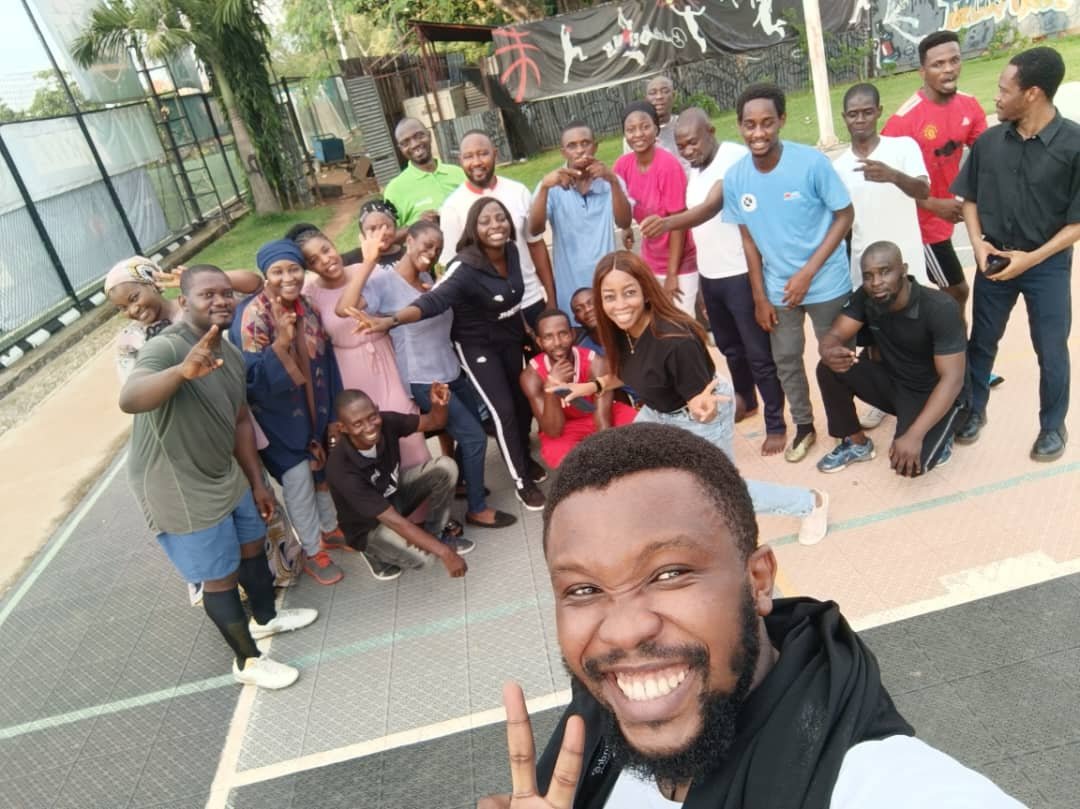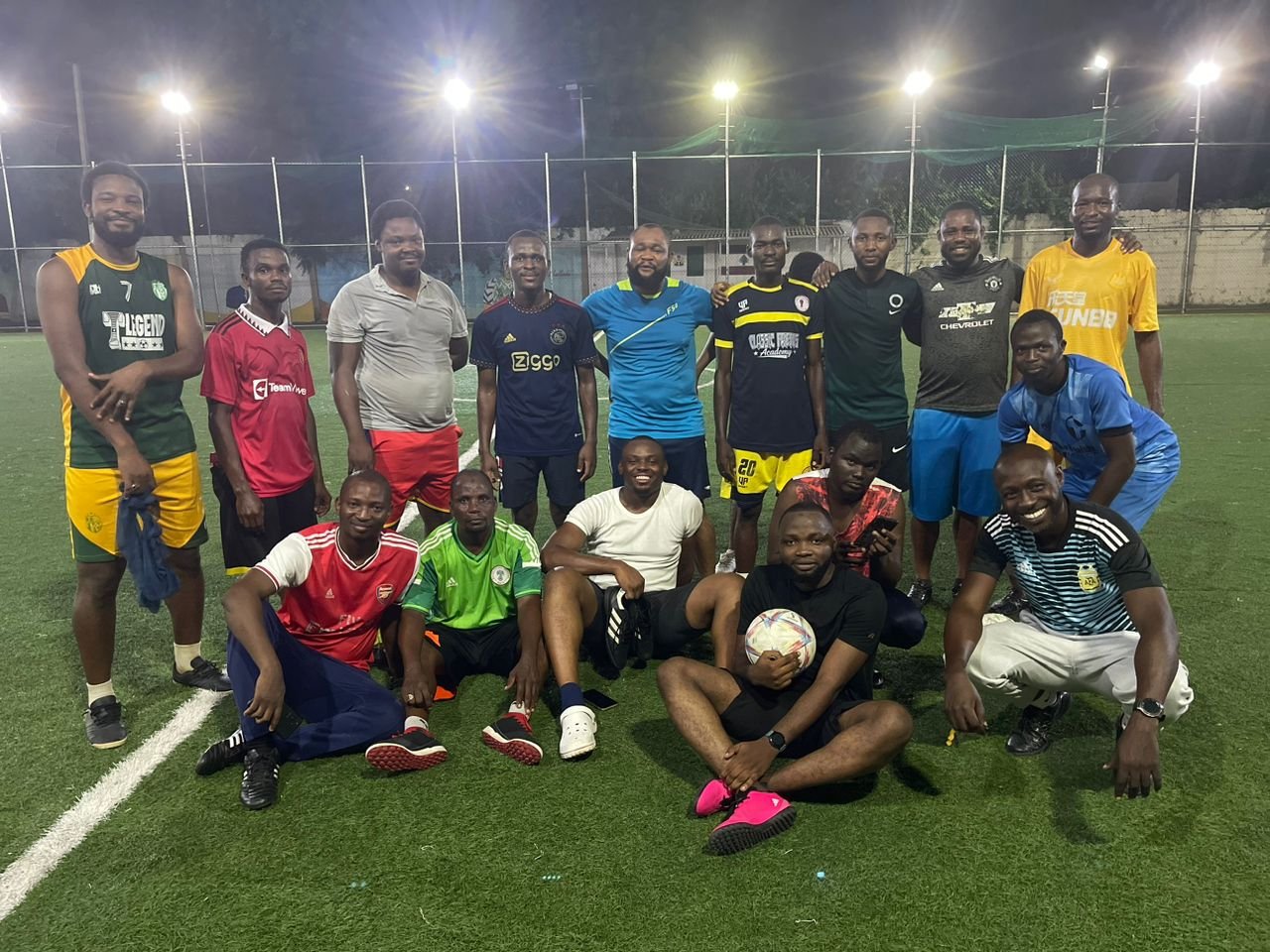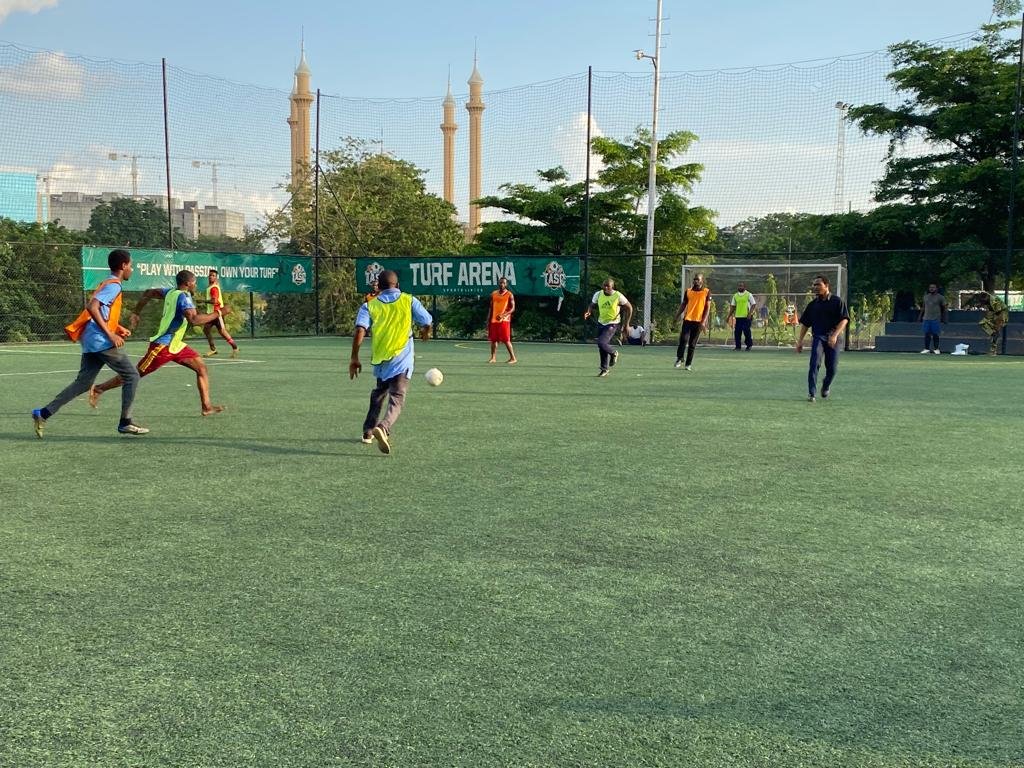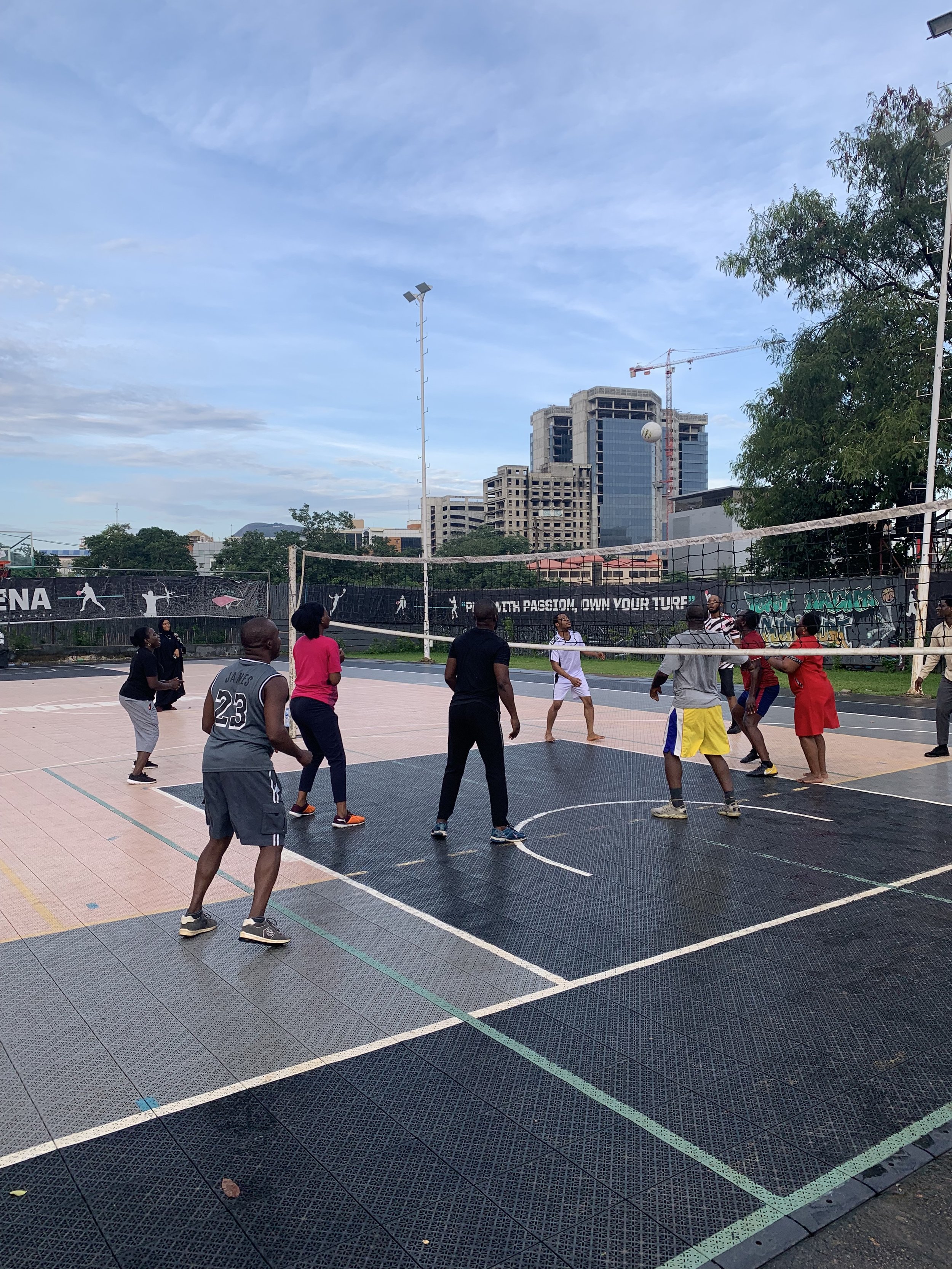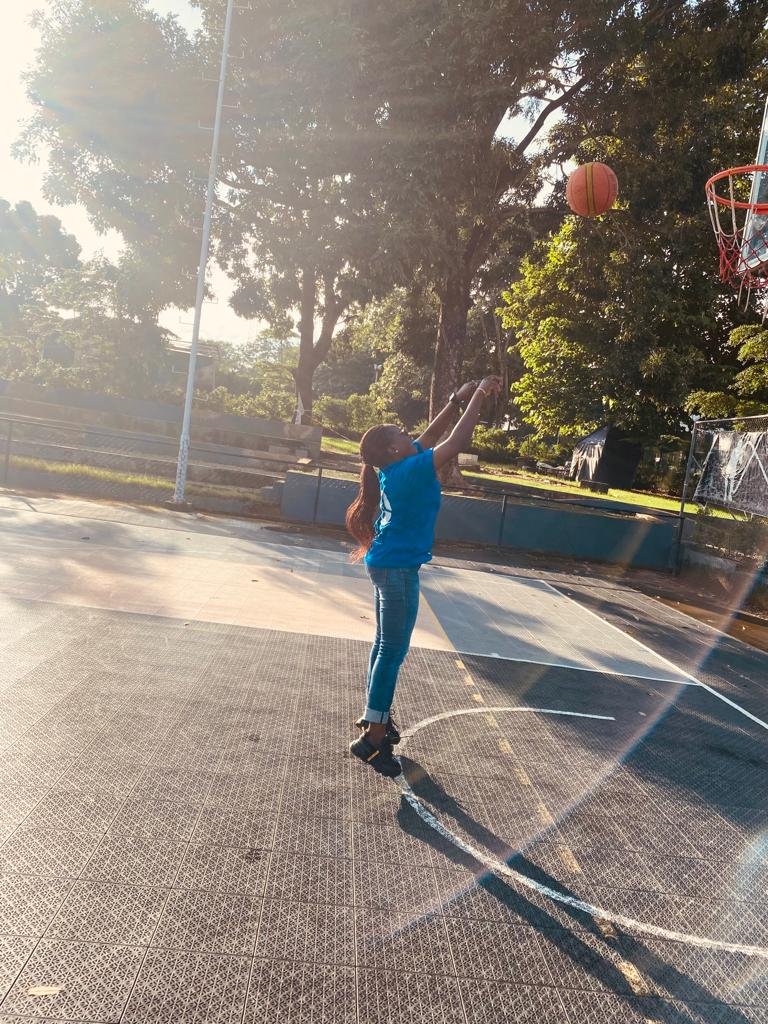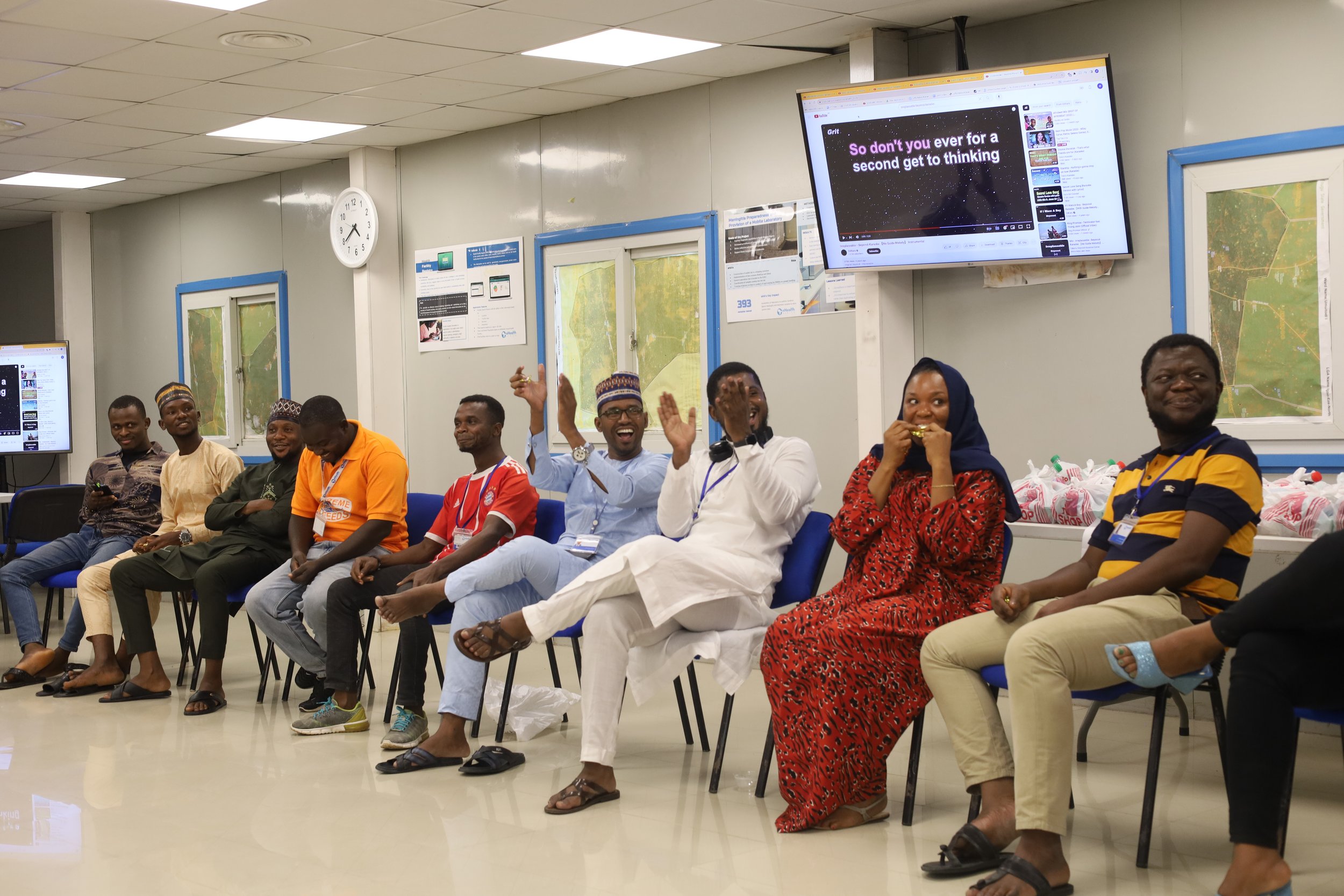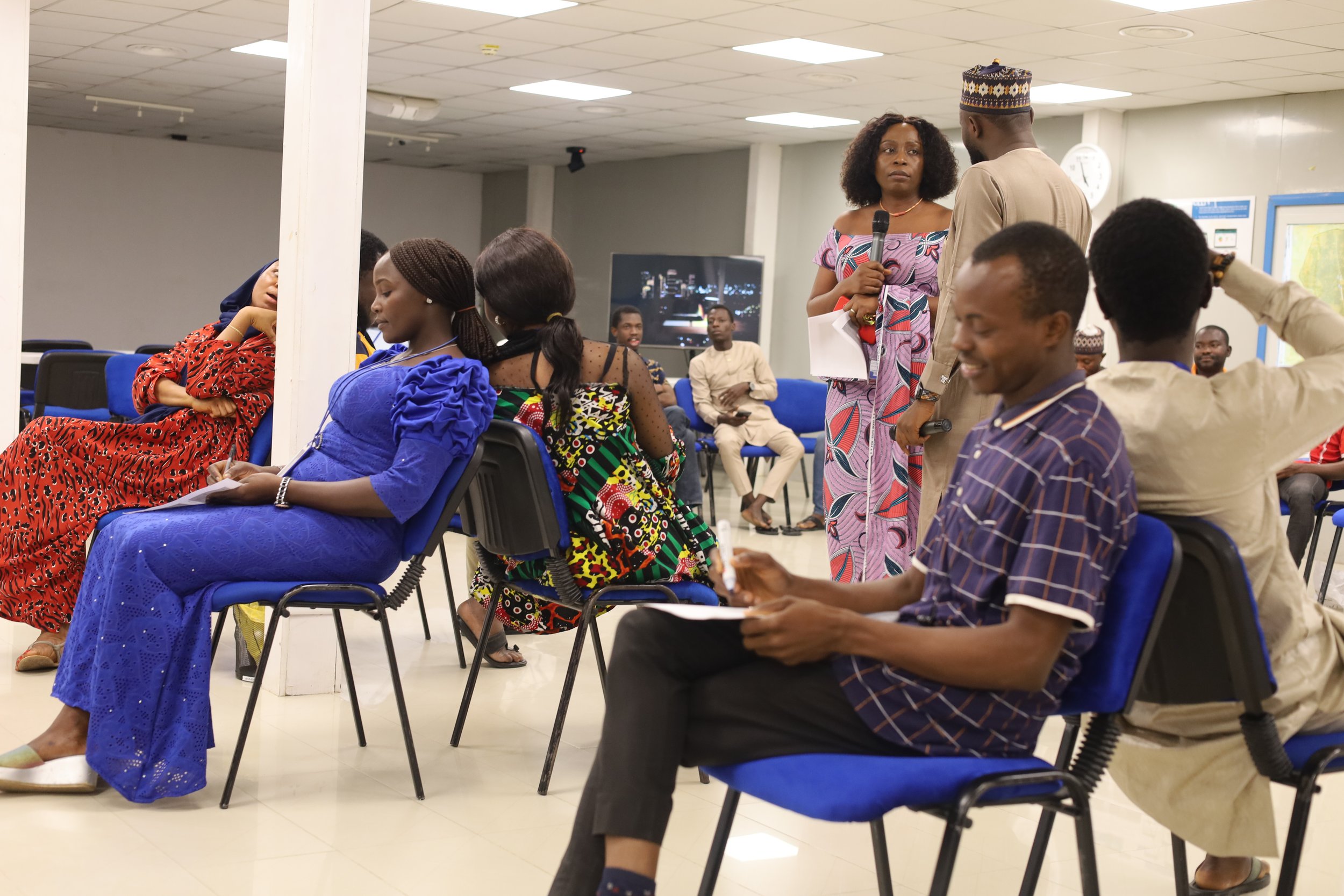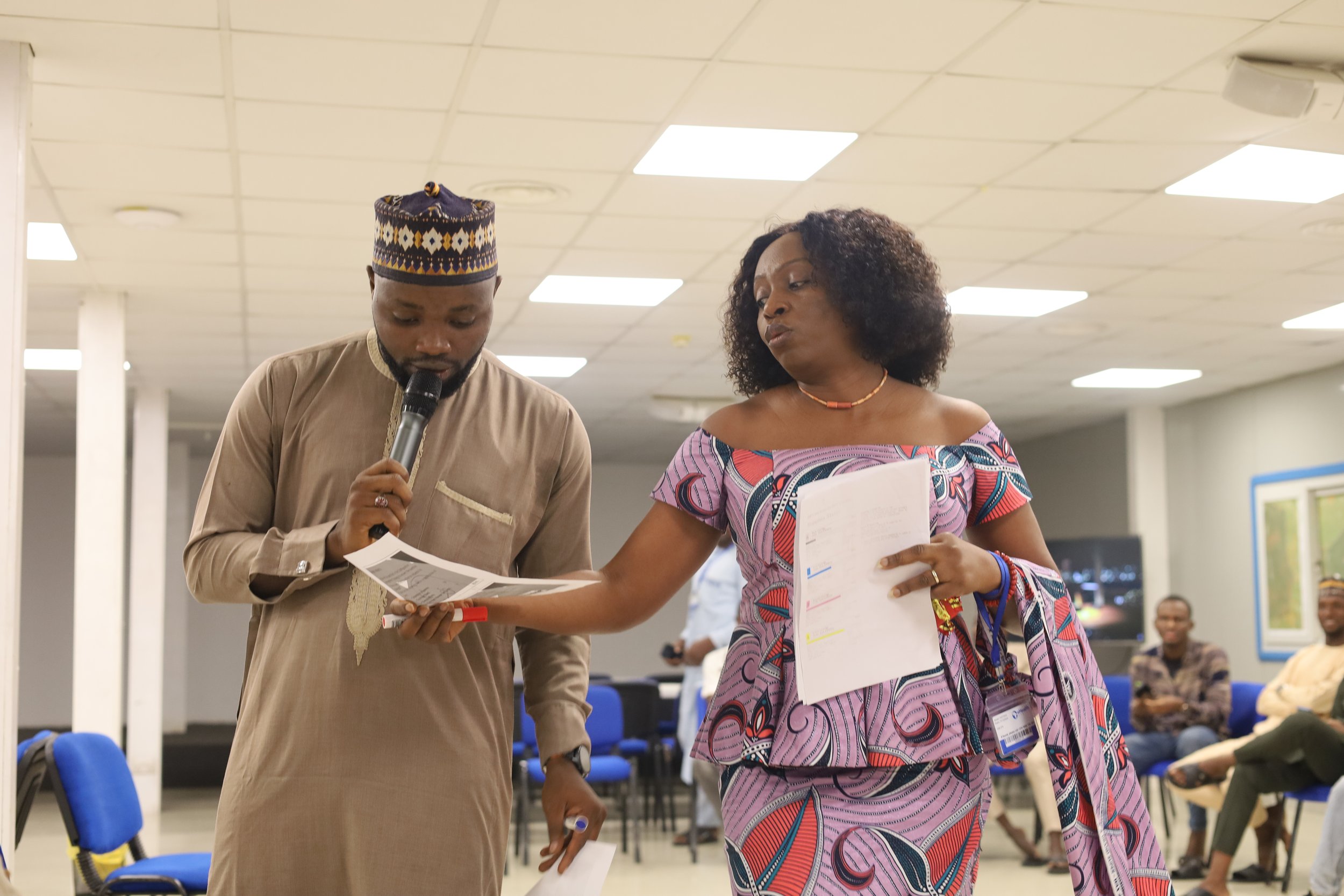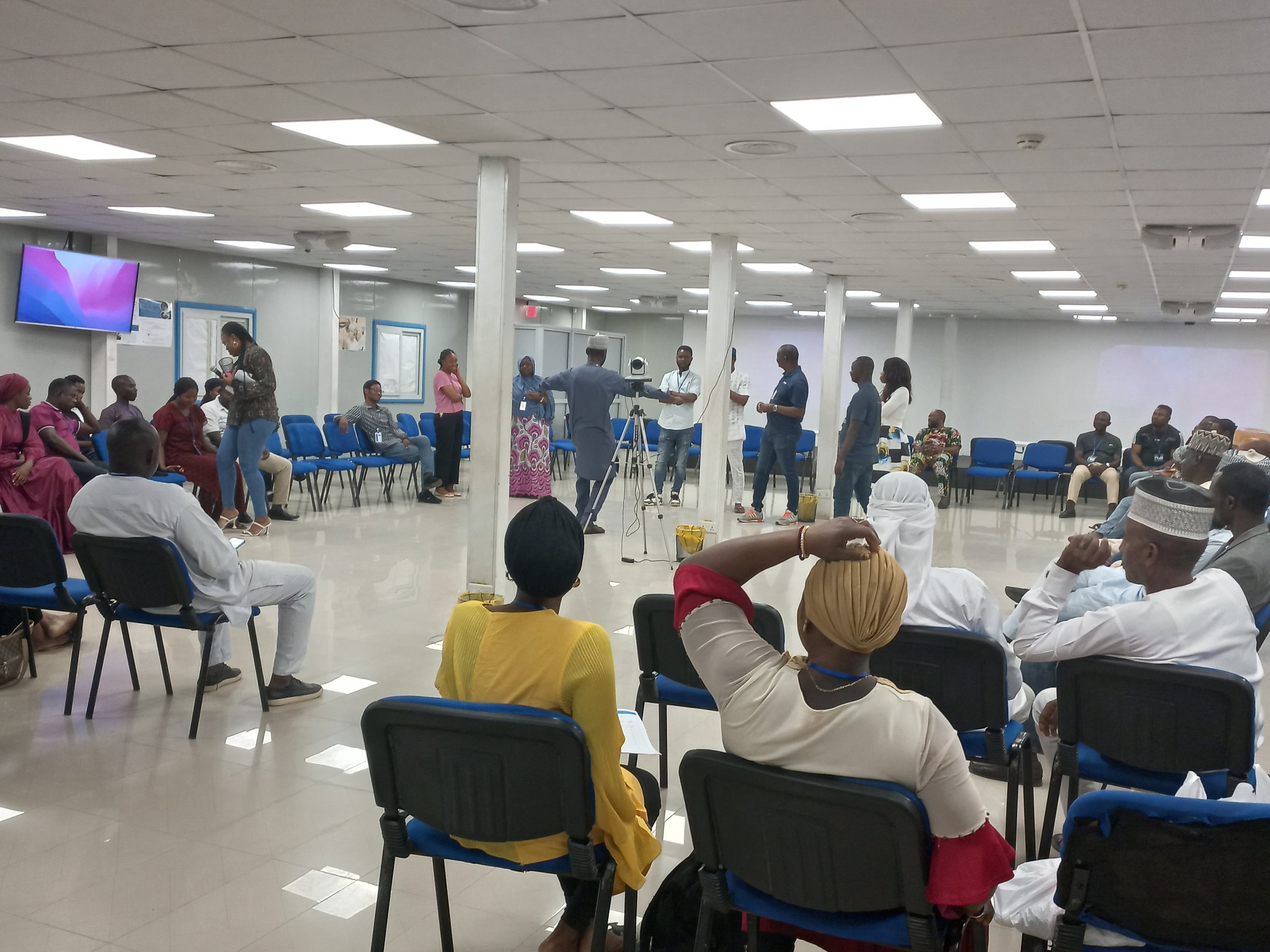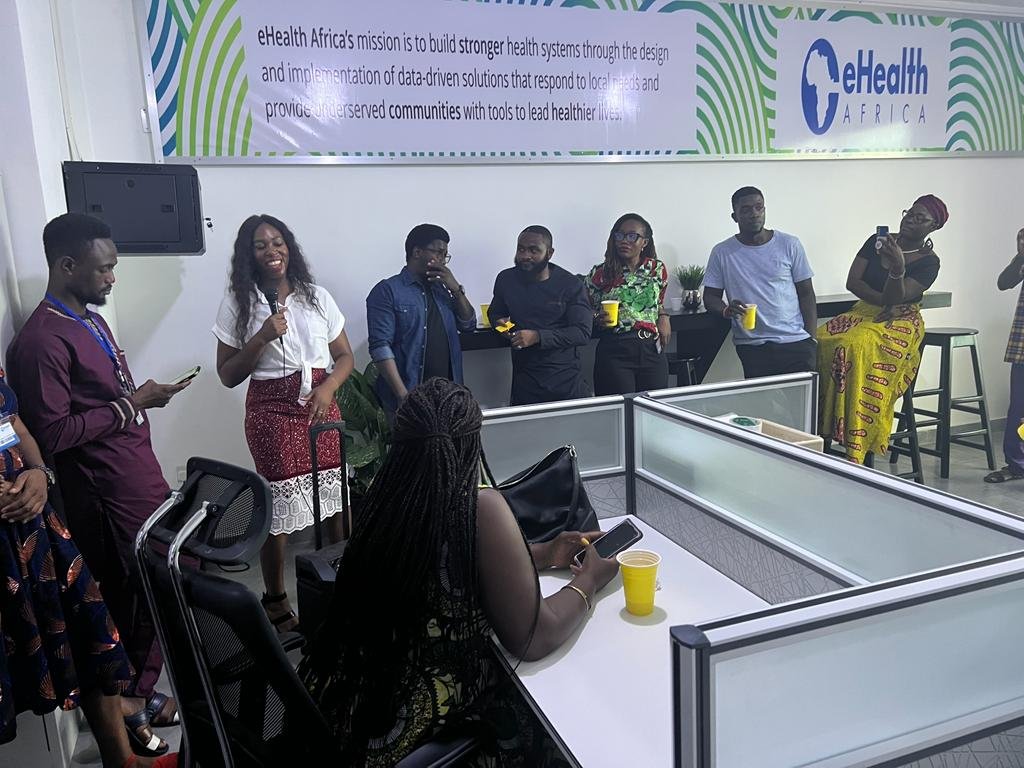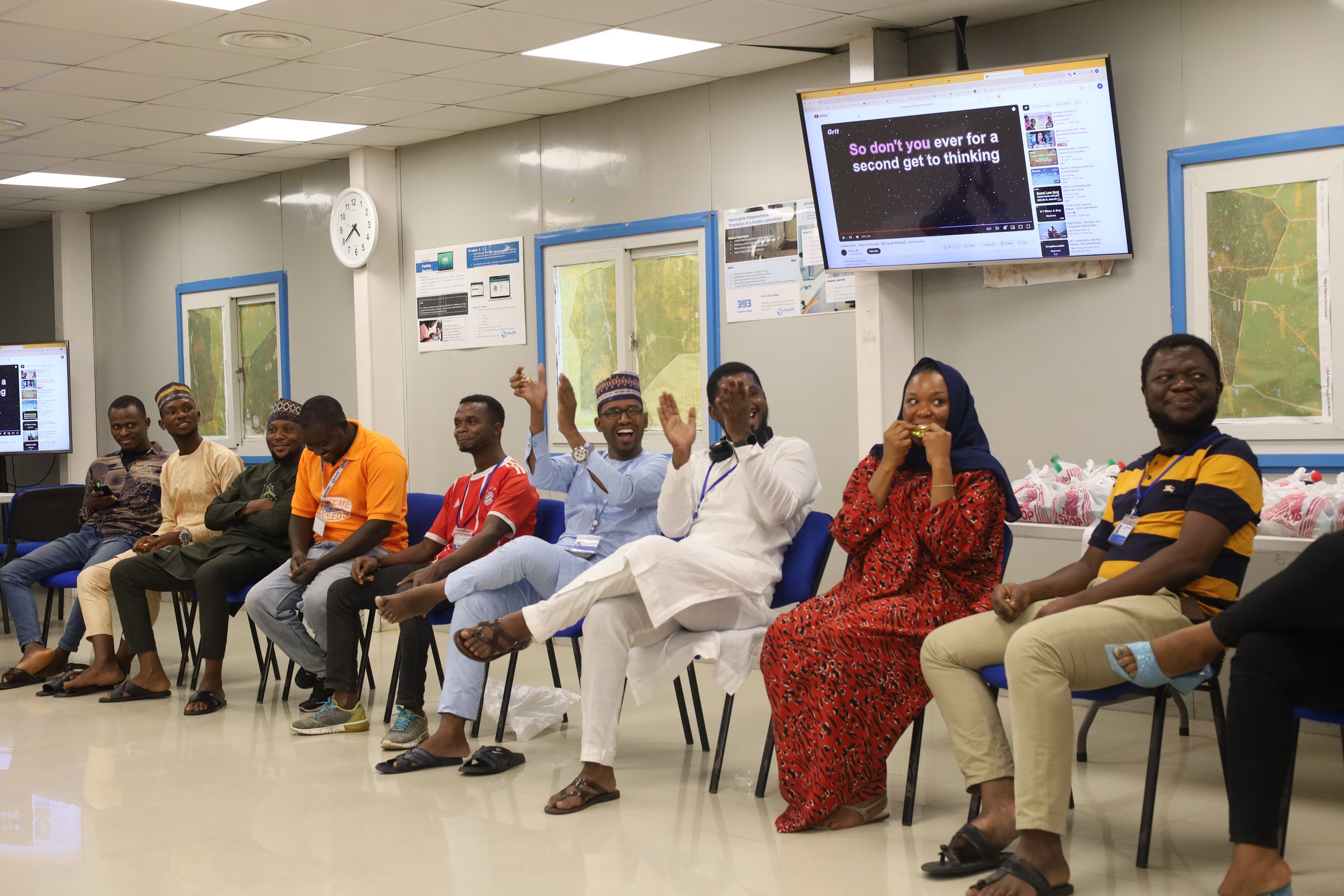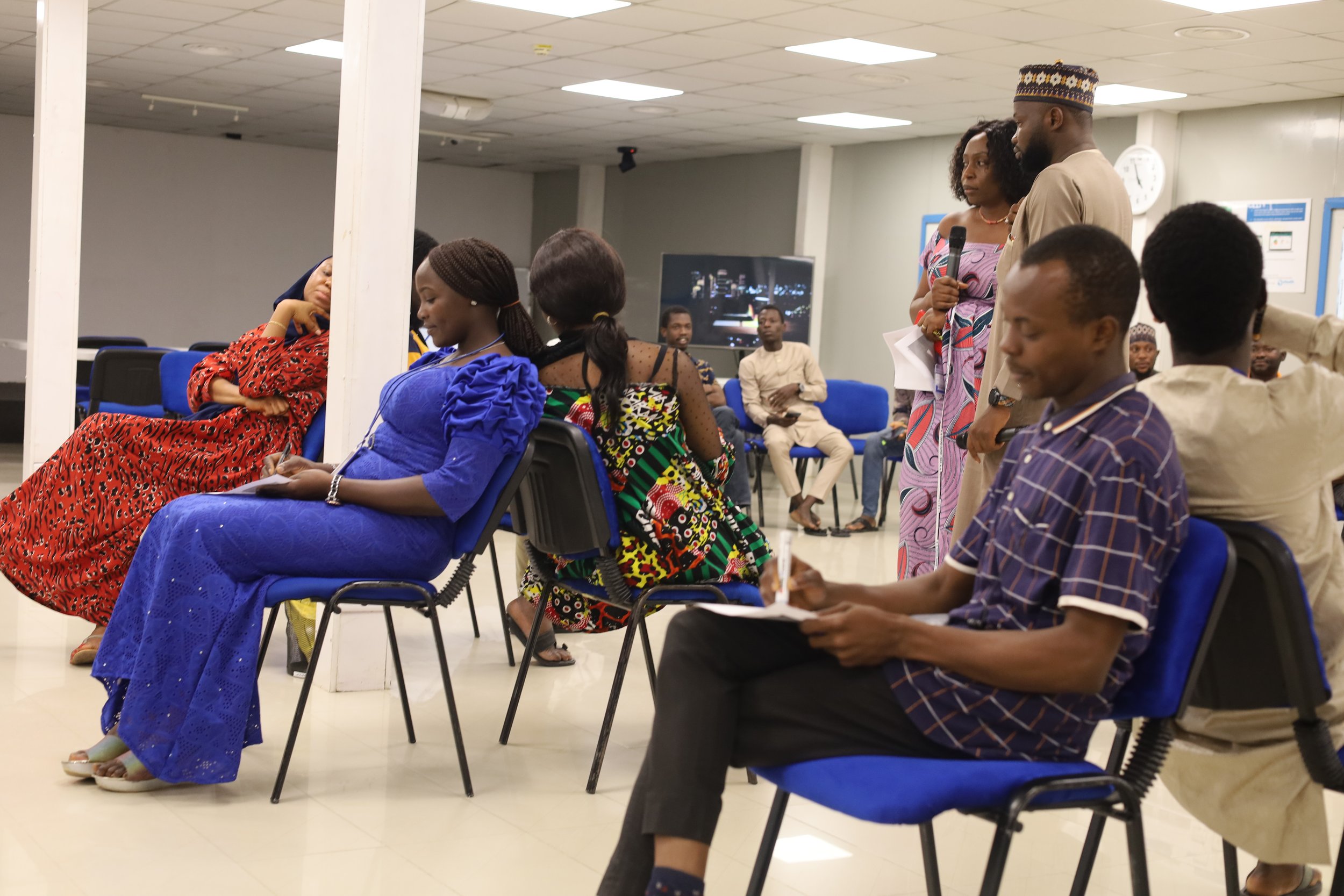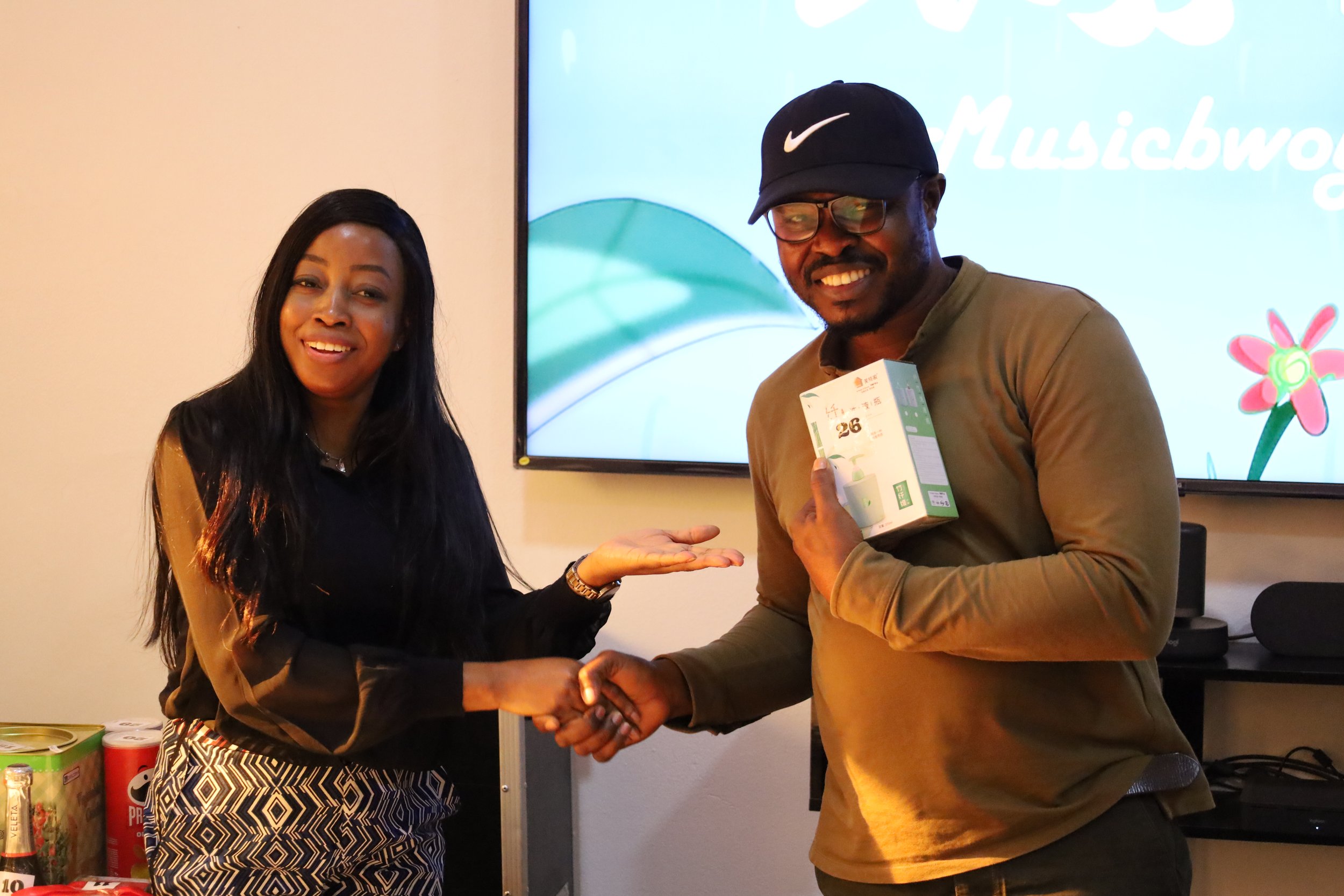For the third year running, eHealth Africa (eHA) has been recognized as one of the best places to work in Nigeria. This certification, a result of the rigorous Best Places to Work assessment, underscores eHA's commitment to creating an exceptional workplace environment. The assessment, renowned globally for capturing employee sentiments, highlights eHA's status as an Employer of Choice, a testament to its dedication to its workforce.
At the heart of eHA's success is a culture that champions excellence, innovation, and inclusivity. This culture is fostered through a range of employee engagement programs designed to empower and motivate staff. One such program is the Innovation Challenge, where employees are encouraged to form teams and develop innovative ideas. The most promising ideas receive sponsorship from eHA’s board, with funding of up to $10,000, driving both personal and organizational growth.
Complementing the Innovation Challenge is the Culture Club, a dedicated group within the organization that ensures employee voices are heard. Representatives from each department are members of the club and they gather feedback from their colleagues and present it to management. This continuous feedback ensures that employees are continually engaged and that their suggestions are implemented, reinforcing a culture of openness and responsiveness.
Additionally, the HR team collaborates with the Culture Club to organize various programs aimed at boosting morale and fostering team spirit. One of the standout events is the "Thank God It’s Friday" (TGIF) celebrations, where staff come together at the end of every month to unwind and recharge for the upcoming month. Such events, along with monthly recognition programs for high-performing employees, ensure that the eHA team feels valued and appreciated.
"As a team, we're constantly searching for innovative ways to keep our employees engaged. In fact, it's one of the core responsibilities of the Human Resources team. We go beyond an open-door policy – we've eliminated the door altogether! We consistently reach out to our employees to understand their needs and well-being. This is because we recognize them as our greatest assets," said Adesina Matti, Human Resources Manager at eHealth Africa.
The certification celebration, attended by representatives from the Best Places to Work organization, was a moment of pride for eHA. Dr. David Akpan, Deputy Director of Programs and Partnerships at eHA, spoke on behalf of the Executive Director, Atef Fawaz. "It is very exciting that we have continued to build the right work environment, earning us the Best Places to Work certification for the third time in a row. This achievement is a testament to the hard work of all our employees. I want to take this opportunity to let you know once again that you are all valued. Let’s continue to uphold our high standards and celebrate being one of the best places to work."
To commemorate the achievement, Dr. Akpan announced that Friday, May 31st, 2024, would be a work-free day for all staff, giving everyone a chance to rest and recharge.
Peter Burg, President of Best Places to Work, also spoke at the celebration. “We survey over six thousand employers each year, and our research is teaching us that many more employers than ever before are focused on increasing employee engagement, which is so great to see. Even though many are getting better, only a select few would receive this kind of recognition, and that includes you, eHealth Africa. So, for that, I say congratulations.”
Hamza Ibiza, Global Program Director at Best Places to Work, provided an overview of the survey results that led to eHA's recognition. The survey assessed eight key areas: leadership, corporate social responsibility, HR practices, compensation, benefits, teamwork and relationships, employee engagement, and workplace procedures. eHA's high marks across these categories reflect its comprehensive approach to employee satisfaction and workplace excellence.
eHealth Africa, headquartered in Kano, Nigeria, is an international non-profit organization dedicated to strengthening health systems in Africa through data-driven solutions. By responding to local needs and providing underserved communities with the necessary tools, eHA aims to foster healthier lives through the integration of information, technology, and operations.

